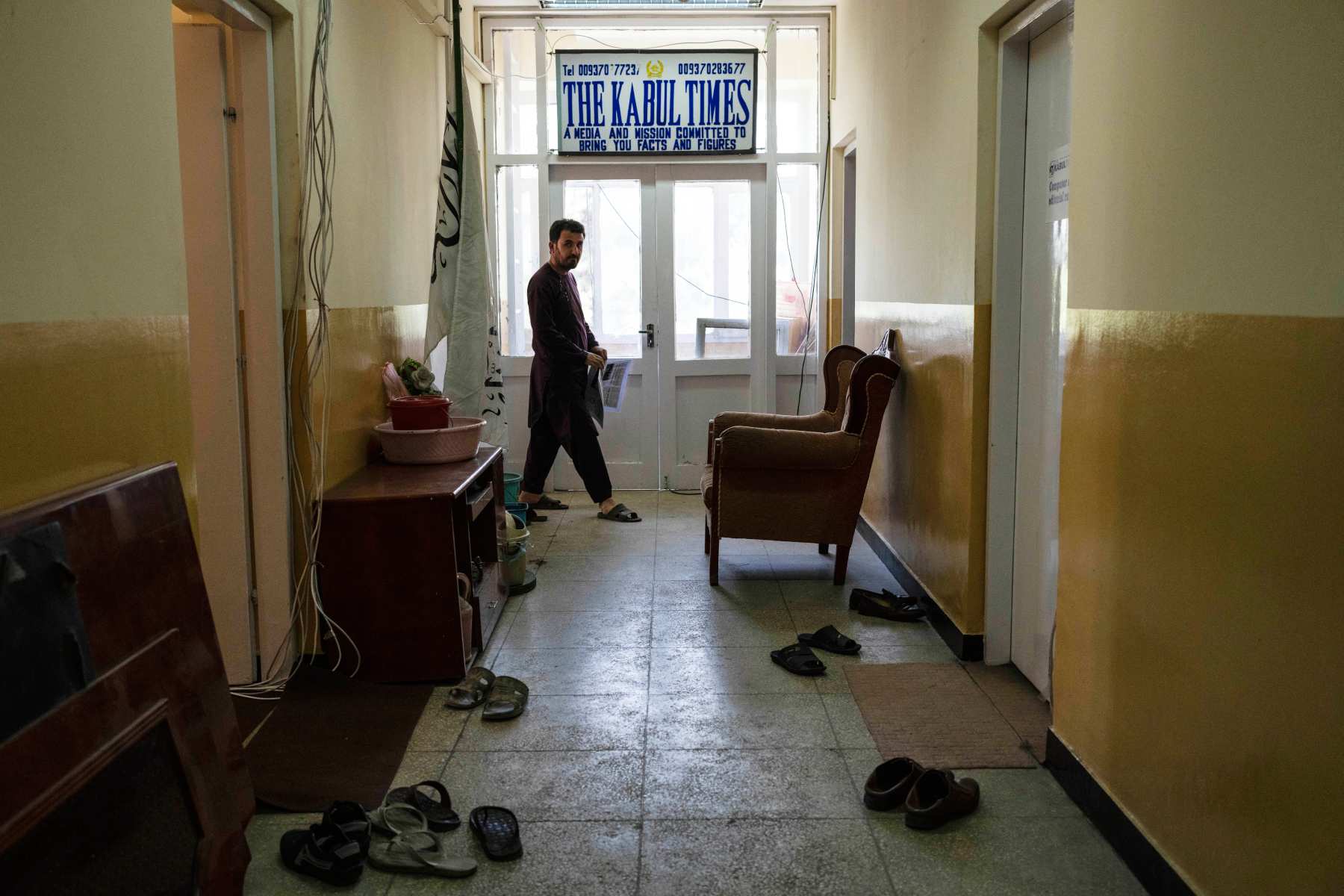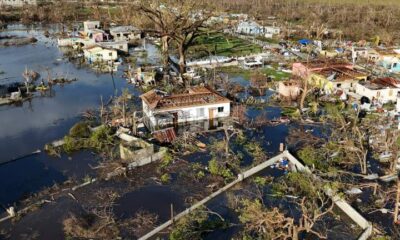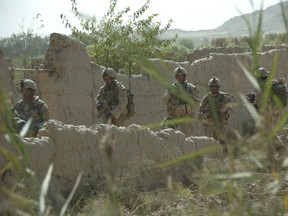Top Stories
Urgent: Taliban Tortures Afghan Journalists, Censorship Escalates

URGENT UPDATE: Reports confirm that the Taliban’s brutal crackdown on journalists in Afghanistan has escalated, with shocking accounts of torture and censorship emerging from the region. A media worker identified as Mohammad (a pseudonym for his safety) detailed his harrowing experience of being tortured after his arrest on August 19, 2024. He was detained for 45 days, subjected to electric shocks and severe beatings, leading to a devastating outcome for his family.
In a heart-wrenching message, Mohammad shared that his father suffered a fatal stroke upon seeing his son’s injuries. He reached out for help to cover funeral expenses, underscoring the dire situation facing many journalists in Afghanistan. “I am not writing this for pity, but for justice,” he stated, as he remains in hiding, fearing further arrests.
The situation for journalists in Afghanistan has worsened significantly since the Taliban’s return to power in August 2021. The United Nations reports that over 336 journalists have faced human rights violations, with more than 250 arrests and at least 130 incidents of torture. Afghanistan ranks 178th out of 180 countries in press freedom, according to Reporters Without Borders, highlighting the severe suppression of independent media.
New government directives have tightened the grip on media operations. The Taliban’s Ministry of Information and Culture now mandates that all political programs receive prior approval, stifling free expression and analysis. Mohammad and his colleagues describe these restrictions as suffocating, with many outlets forced to comply for financial survival.
The peril extends beyond Afghanistan’s borders, as Afghan journalists in exile face legal uncertainties and risks of deportation in countries like Turkey and Iran. Hadayatullah Mirzadeh, a reporter who fled to Iran, shared his harrowing ordeal of being detained and tortured by Iranian authorities, despite holding a valid visa. “Wherever we go in the world, we must remain cautious,” he remarked, emphasizing the dangers that persist for journalists.
Female journalists are among the hardest hit, with over 84 percent dismissed from their positions since the Taliban’s takeover. They face systemic exclusion from reporting, often unable to attend press conferences or access sources.
Maryam (a pseudonym) continues to document life under Taliban rule, taking significant risks to capture footage for foreign media. Each day, she conceals her work phone to avoid detection, living in constant fear of arrest. “When I leave home, I look deep into my children’s eyes,” she said, expressing the anxiety of potentially never returning.
As the situation in Afghanistan deteriorates, the international community is urged to amplify the voices of these brave journalists. The need for urgent action and solidarity is paramount, as they navigate a landscape of fear, censorship, and violence.
The Taliban’s authoritarian rule is not just a national crisis; it is a global concern that demands immediate attention. As journalists like Mohammad and Maryam risk their lives for the truth, their calls for justice and recognition echo louder than ever.
Stay tuned for more updates on this developing story as the plight of Afghan journalists unfolds further.
-

 Politics4 weeks ago
Politics4 weeks agoSecwepemc First Nation Seeks Aboriginal Title Over Kamloops Area
-

 World5 months ago
World5 months agoScientists Unearth Ancient Antarctic Ice to Unlock Climate Secrets
-

 Entertainment5 months ago
Entertainment5 months agoTrump and McCormick to Announce $70 Billion Energy Investments
-

 Science5 months ago
Science5 months agoFour Astronauts Return to Earth After International Space Station Mission
-

 Lifestyle5 months ago
Lifestyle5 months agoTransLink Launches Food Truck Program to Boost Revenue in Vancouver
-

 Technology3 months ago
Technology3 months agoApple Notes Enhances Functionality with Markdown Support in macOS 26
-

 Lifestyle3 months ago
Lifestyle3 months agoManitoba’s Burger Champion Shines Again Amid Dining Innovations
-

 Top Stories2 months ago
Top Stories2 months agoUrgent Update: Fatal Crash on Highway 99 Claims Life of Pitt Meadows Man
-

 Politics4 months ago
Politics4 months agoUkrainian Tennis Star Elina Svitolina Faces Death Threats Online
-

 Sports5 months ago
Sports5 months agoSearch Underway for Missing Hunter Amid Hokkaido Bear Emergency
-

 Politics5 months ago
Politics5 months agoCarney Engages First Nations Leaders at Development Law Summit
-

 Technology5 months ago
Technology5 months agoFrosthaven Launches Early Access on July 31, 2025





















